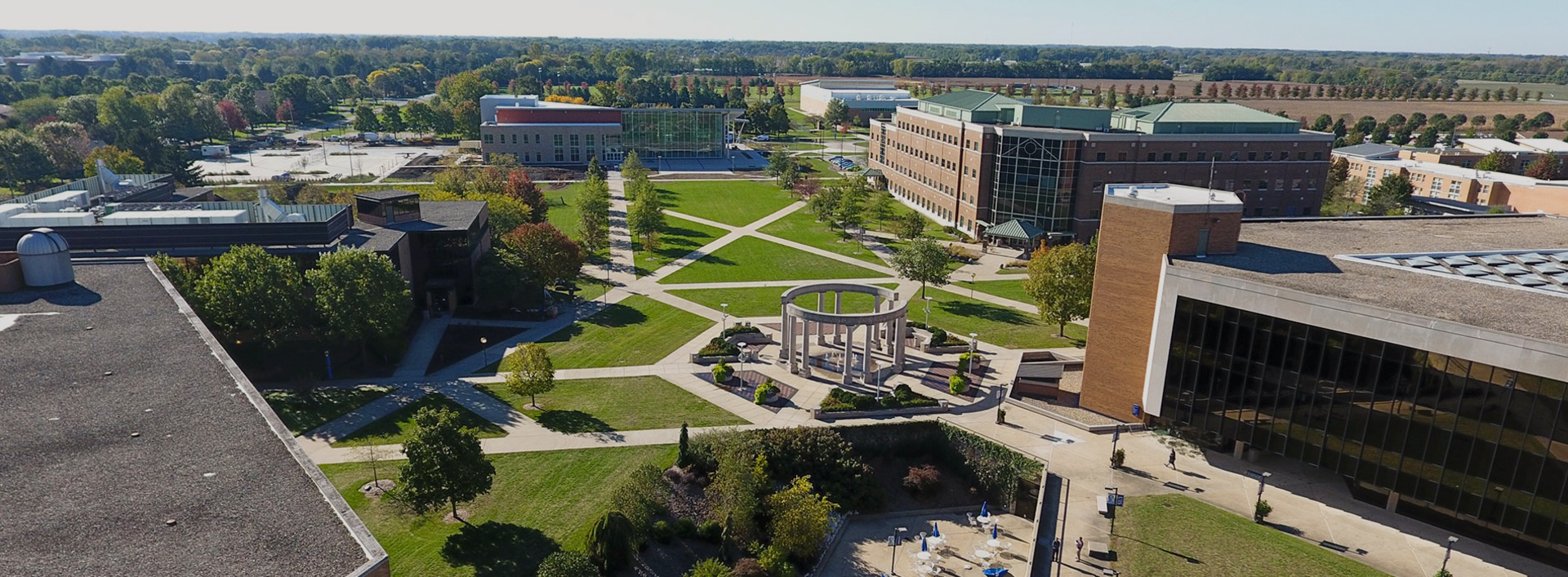Undergraduate Overview
Bachelor of Arts
Undergraduate Minor
www.uis.edu/psychology/
Email: psy@uis.edu
Office Phone: (217) 206-6696
Office Location: UHB 3144
Departmental Goals and Objectives
Psychology is the scientific study of the complexities of human and animal behavior. This complexity is reflected by the fact that the American Psychological Association has over 50 divisions, each representing a general area of interest or expertise and each having its own set of theoretical and research publications. In addition, there are at least 240 separate areas of specialization represented by these divisions.
The goal of the Psychology curriculum is to help students become familiar with common theoretical and research perspectives while also studying topics of particular interest and value. To accomplish this goal, the Psychology curriculum contains two core courses that address the problem solving, critical thinking, and communication skills common to psychology as a whole (i.e., Research Methods in Psychology and Senior Seminar). Course concentrations allow students to further develop and apply these skills within particular content areas and with specific personal or career goals in mind.
A major in Psychology provides students with the fundamental liberal arts perspective and understanding of basic psychological issues appropriate for many entry-level positions in business, government, industry, health care, and education. For example, Psychology students planning to pursue an advanced degree in a helping field should follow the Clinical/Counseling Psychology concentration. Students planning to participate in the Teacher Education Program to obtain teacher certification should follow the Educational Psychology concentration. Students planning to obtain a position in business, government, or industry may choose to follow the Experimental Psychology concentration or, if they have an interest in a particular topic, they may decide to pursue any one of the other concentrations. Students taking courses for their own benefit or pleasure may wish to pursue the Individualized concentration and choose appropriate courses in consultation with their academic advisors. The Individualized concentration is offered online.
For students interested in the helping professions, a career in higher education, or doing research in the field, it must be emphasized that such activities generally require a graduate degree (M.A., M.S.W., Ph.D., Psy.D. or Ed.D.). Although the required core courses and recommended course concentrations are designed to offer an education appropriate for continued study at the graduate level, students may want to tailor their course selections to the particular admission requirements of a specific institution or profession. Psychology majors who plan to pursue advanced studies are strongly encouraged to consult with their academic advisors to design an appropriate undergraduate course plan.
The Psychology curriculum is structured to encourage students to pursue electives outside psychology as part of a broad liberal arts education. In addition, UIS requirements contribute to a broad educational experience. For example, internships provide students with an opportunity to integrate classroom learning and practical field experience, as well as to gain experience that may be useful in later decisions about employment or training. Placements have included local mental health centers, other mental health and community service organizations, and research positions.
